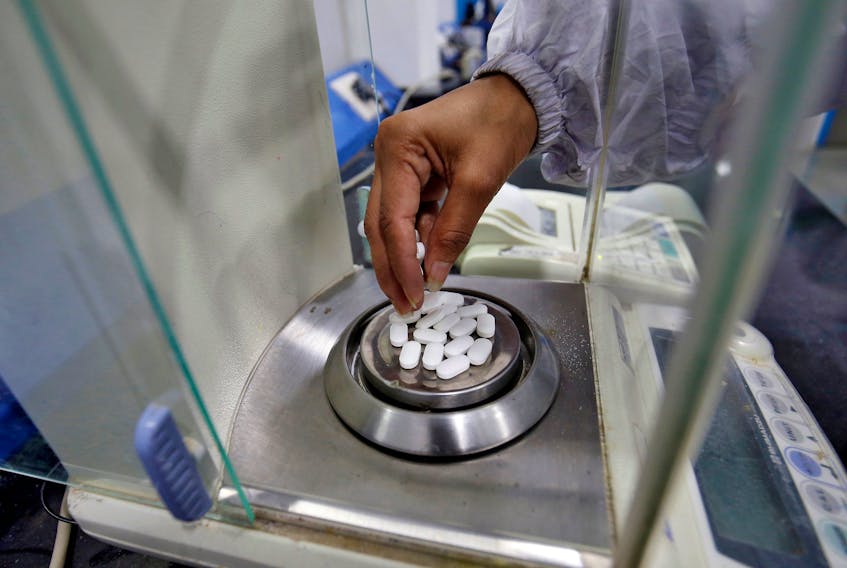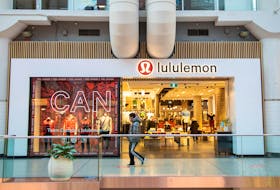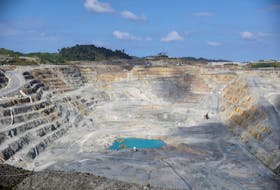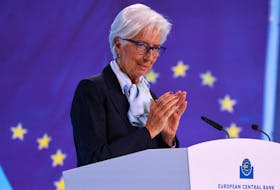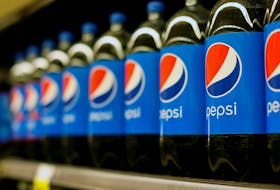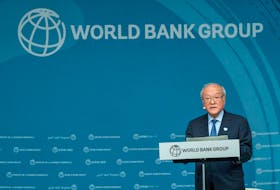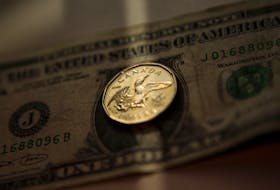By Alexandra Harney
HONG KONG (Reuters) - Chinese manufacturers and sellers of drug ingredients say logistical hurdles and labor shortages due to the coronavirus epidemic are delaying some production and shipments, adding to concerns about the potential for drug shortages globally as the virus spreads.
China, along with India, is a key link in the world's pharmaceutical supply chain, particularly for generic drugs that account for the majority of prescriptions in the United States.
China accounts for only 13% of active pharmaceutical ingredient (API) makers supplying the U.S. market, according to the Food and Drug Administration. But it produces many APIs for widely used medicines as well as the chemicals used to formulate APIs, shipping them to India and elsewhere for processing into drugs.
Those medicines include antibiotics, ibuprofen, acetaminophen and heparin, an anticoagulant.
Michael Ganio, director of pharmacy practice and quality at ASHP, a U.S. pharmacy industry association, said healthcare providers and pharmacists were monitoring information from drug companies. "The impact of coronavirus on the pharmaceutical supply chain is concerning," he said via email.
Last month, the FDA added one drug to its list of drugs in shortage because of issues at an API maker affected by the virus, though it did not name the drug or the API maker. That said, the epidemic so far does not seem to be contributing to widespread shortages.
Fears were, however, fanned further this month after India – the main supplier of generic medicines – restricted the export of 26 drug ingredients and the medicines made from them, a move seemingly aimed at tackling possible domestic shortages of medicines.
As with other industries, many Chinese drug ingredient makers began reopening last month but transport bottlenecks, shortages of raw materials and staff absences due to quarantines are limiting the amount factories can produce and export, according to manufacturers and industry executives.
"Resuming work does not mean resuming production," said Chenghao Wu, a manager in the international market department of Zhejiang Guobang Pharmaceutical, an API maker in eastern Zhejiang province.
He was one of a dozen Chinese drug ingredient manufacturers, brokers and buyers who spoke with Reuters. They described a supply chain that, while improving rapidly, remains in some disarray.
Although some Chinese factories said they were back to full capacity, several told Reuters they were operating at between 50% and 80% capacity.
Problems they noted include staff returning to work from elsewhere in China who are self-quarantined for two weeks, and as some truck drivers are also still not back at work, drug makers have struggled to get supplies to their factories and their products to the port or airport.
More so than other industries, evaluating inventory levels in pharmaceutical supply chains is particularly difficult due to limited disclosure by drug makers, manufacturers and healthcare providers.
The drug manufacturing process is also vulnerable to disruption in part because it follows strict rules: factories must produce using processes and amounts of chemicals registered with regulators in the countries where the drugs are sold. A single drug might require 10 or more different materials to produce and may be impossible to make if one is unavailable.
As the epidemic spreads in Europe and the United States, which make some APIs as well as drugs, its effects on the drug supply chain could be magnified.
Guy Villax, chief executive of Portuguese drug ingredient maker Hovione, said business plans could go awry if staff were absent due to self quarantines or the need to look after parents or children whose schools are closed.
"If you have 30% of people missing in the plant, that's going to have huge knock-on effects," he said.
(Reporting by Alexandra Harney; Additional reporting by Shanghai newsroom; Editing by Edwina Gibbs)

